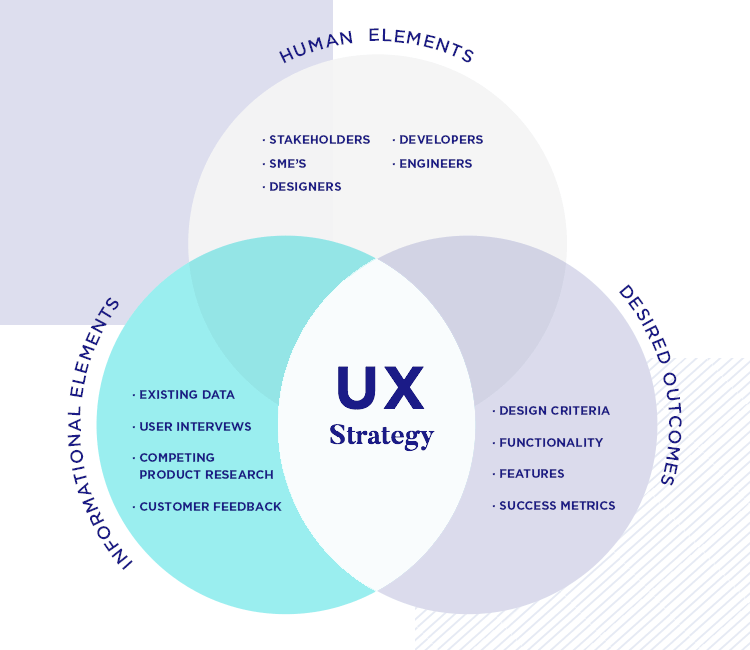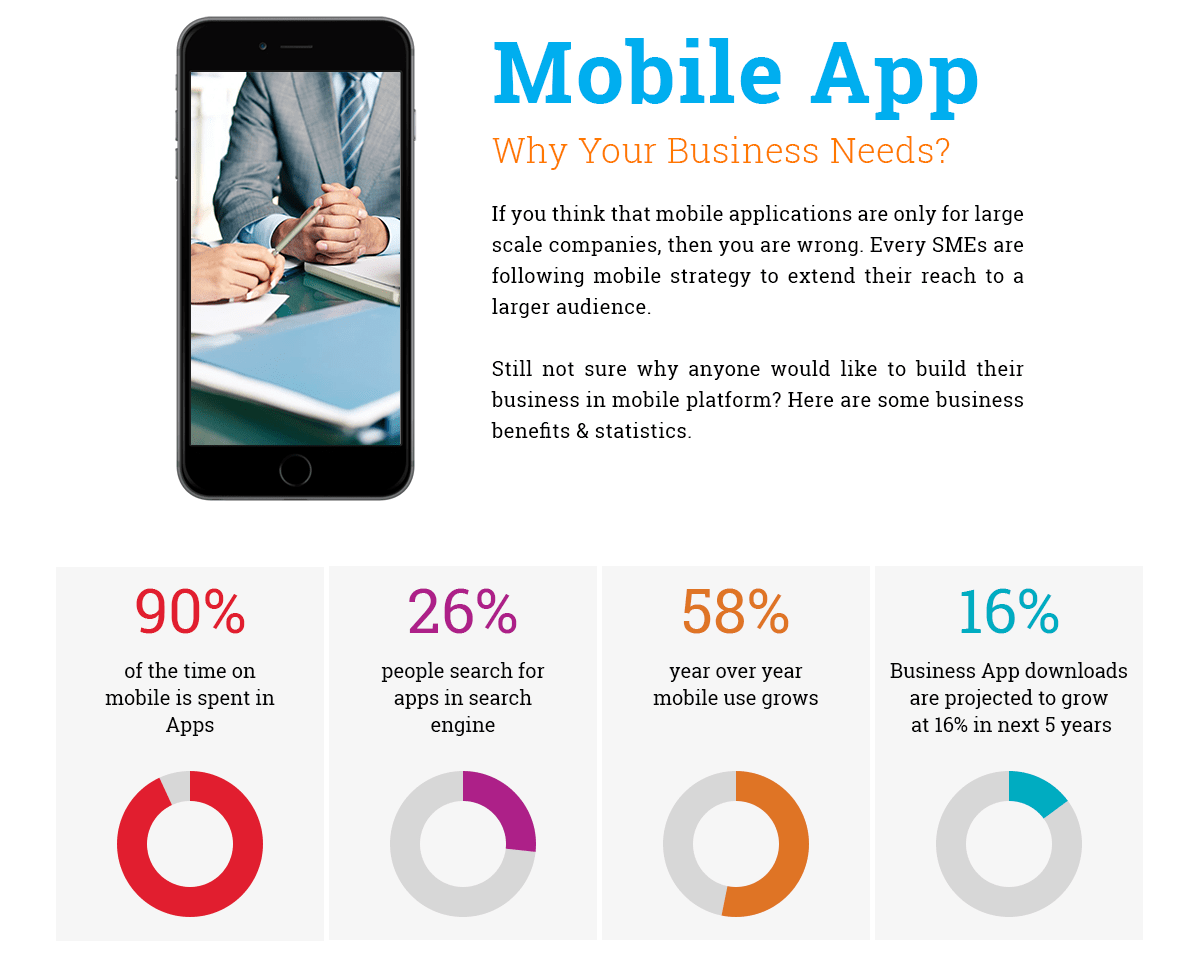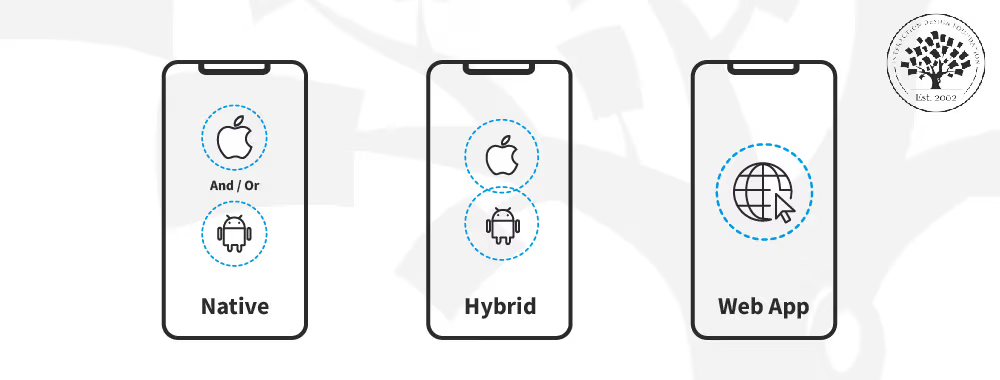The Rise of AI in Data Privacy Protection
Artificial Intelligence (AI) is reshaping how businesses and individuals safeguard sensitive data. With cyber threats increasing and regulatory pressures tightening, AI-driven privacy solutions are no longer optional; they are a necessity. From automated threat detection to intelligent access control, AI enhances security while ensuring compliance with global privacy laws like GDPR and CCPA.
How AI Protects Your Data
Automated Threat Detection
AI-powered systems can detect anomalies in real time, identifying potential breaches before they cause damage. Machine learning algorithms analyze vast amounts of data, spotting patterns humans might miss. Benefits include:
- Real-time monitoring for unusual activity.
- Predictive analytics to prevent data breaches.
- Adaptive learning that improves detection over time.
Potential Drawbacks:
- False positives may lead to unnecessary security alerts.
- High computational costs for large-scale AI deployments.
Intelligent Access Control
Traditional password-based security is outdated. AI introduces adaptive authentication methods such as:
- Biometric verification (facial, fingerprint, iris recognition).
- Behavioral analysis that tracks typing speed and mouse movements.
- Risk-based authentication that adjusts security levels dynamically.
Potential Drawbacks:
- Privacy concerns regarding biometric data storage.
- Accessibility issues for users with disabilities.
AI in Data Masking and Encryption
Sensitive data must be protected during storage and transmission. AI enhances:
- Data anonymization by replacing personally identifiable information (PII) with dummy data.
- Automated encryption that secures files dynamically.
- AI-driven tokenization for compliance with privacy regulations.
Potential Drawbacks:
- Performance overhead for complex encryption algorithms.
- Risk of decryption attacks if AI is not properly secured.
People Are Always Asking
Is AI in Data Privacy Protection Reliable?
AI significantly improves security, but it’s not foolproof. Human oversight is crucial to prevent biases and errors in AI decision-making.
Can AI Replace Human Cybersecurity Experts?
No, AI augments human efforts by automating routine tasks, but cybersecurity experts are still needed for strategy and oversight.
How Does AI Help with Compliance?
AI automates data classification, ensuring GDPR, CCPA, and HIPAA compliance. It generates audit logs and monitors regulatory changes.
Expert Insights: Tamer Badr’s Perspective
Tamer Badr, the owner of Singleclic, shares his thoughts on AI in data privacy:
“AI is a double-edged sword in data privacy. While it offers unmatched security and compliance automation, businesses must be wary of over-reliance. Ethical AI deployment is crucial to avoid unintended consequences.”
Reviews of AI-Powered Privacy Tools
1. IBM Guardium
Pros:
- Real-time threat analytics.
- AI-driven risk assessment.
Cons:
- Expensive for small businesses.
- Requires skilled professionals to manage.
2. Microsoft Purview
Pros:
- Seamless integration with Microsoft 365.
- AI-powered compliance tracking.
Cons:
- Limited support for non-Microsoft environments.
- Complex setup for new users.
3. BigID
Pros:
- Excellent for PII discovery and classification.
- AI-driven risk scoring for better compliance.
Cons:
- High learning curve.
- May generate false positives in data classification.
Final Thoughts
AI in data privacy protection is revolutionizing the way we secure personal and business data. While it brings numerous benefits like real-time monitoring, automated compliance, and enhanced encryption, it is not a silver bullet. Organizations must balance AI adoption with human expertise to ensure responsible and effective data security.
FAQ
What Industries Benefit Most from AI in Data Privacy?
- Healthcare (HIPAA compliance)
- Finance (Fraud prevention)
- E-commerce (Customer data protection)
Does AI Improve User Trust in Data Security?
Yes, AI enhances transparency and accountability, making organizations more trustworthy in handling data.
How Can Small Businesses Leverage AI for Privacy?
- Use AI-based security tools like Norton or McAfee.
- Invest in cloud-based AI compliance solutions.
- Train employees on AI-driven security practices.
The future of AI in data privacy protection is bright, but responsible implementation is key to ensuring a safer digital world.







